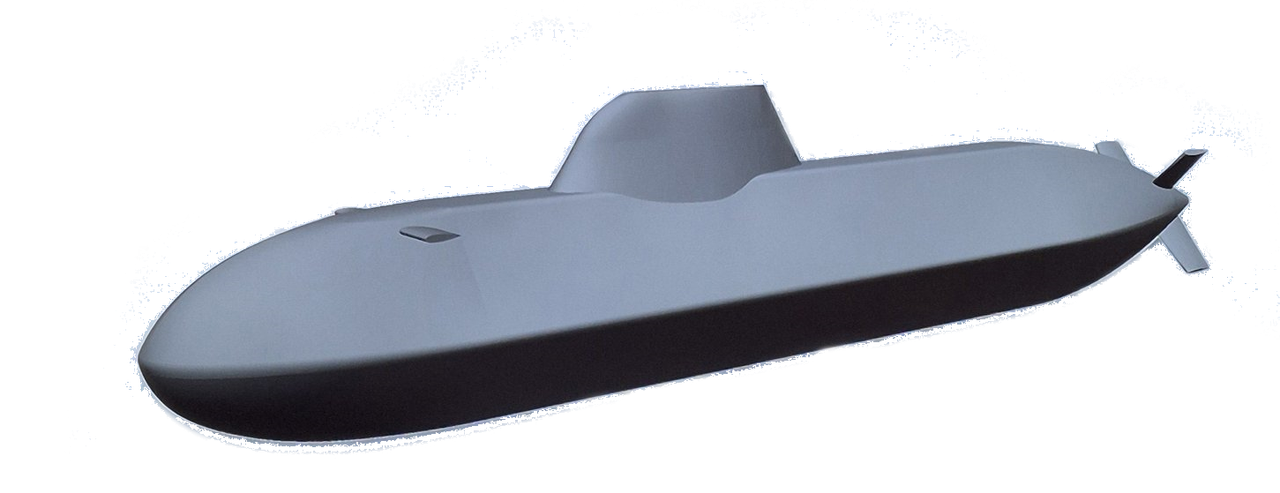SOURCE: RAUNAK KUNDE / NEWS BEAT / IDRW.ORG


Germany’s ThyssenKrupp Marine Systems (TKMS) has proposed a state-of-the-art submarine variant to India, the customized T-214, equipped with Next-generation Air Independent Propulsion (AIP) systems. This advanced AIP technology includes a reformer that produces hydrogen on board, eliminating the need for storing hydrogen in large, cumbersome tanks—a significant innovation that enhances both the safety and operational efficiency of the submarine.
The reformer is a critical component of the AIP system, responsible for producing hydrogen through the reformation of liquid hydrocarbons, such as diesel. This process involves a series of chemical reactions that convert these hydrocarbons into hydrogen gas, which is then used in fuel cells to generate electricity.
The key features of the reformer include:
- Onboard Hydrogen Production: By producing hydrogen directly on the submarine, the reformer negates the need for pre-stored hydrogen, which traditionally required large and potentially hazardous tanks. This not only increases the safety of the submarine but also optimizes the available space on board.
- Increased Submarine Endurance: The AIP system allows the submarine to operate submerged for extended periods without surfacing, a crucial advantage in stealth operations. The reformer enables continuous hydrogen production, ensuring a steady supply of power to the fuel cells and thus prolonging underwater endurance.
- Enhanced Stealth: The elimination of large hydrogen tanks reduces the vessel’s overall acoustic signature. This is vital in maintaining the stealth capabilities of the submarine, making it harder for enemy detection systems to locate and track the vessel.
- Operational Flexibility: The reformer’s ability to produce hydrogen from diesel—a commonly available fuel—ensures that the submarine can be deployed in diverse environments with minimal logistical challenges. This adaptability is particularly advantageous in extended missions or operations in remote areas.
- Environmental Benefits: By utilizing a cleaner fuel conversion process, the reformer minimizes emissions, contributing to a lower environmental impact. This aligns with global efforts to reduce the carbon footprint of military operations.
By generating hydrogen on-demand, the submarine can operate submerged for extended periods without resurfacing. TKMS’s reformer-based AIP system represents a significant leap forward in submarine technology. If adopted by the Indian Navy, it could provide a substantial edge in underwater operations.
NOTE : Article cannot be reproduced without written permission of idrw.org in any form even for YouTube Videos to avoid Copy right strikes. Websites doing illegal reproductions will get DMCA and Legal Notices.